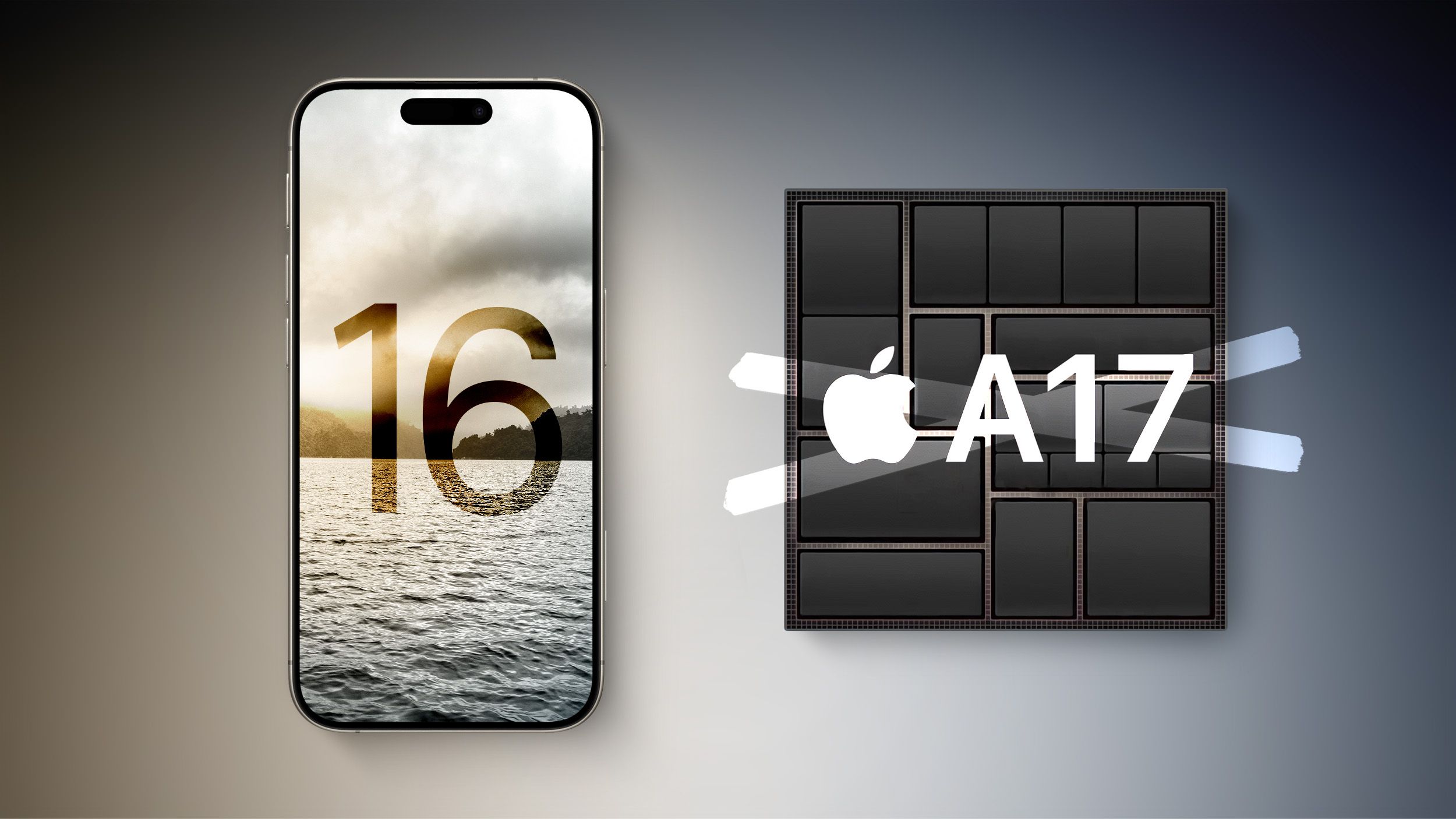Tech
Apple Boosts A18 Chip Orders in Anticipation of High iPhone 16 Demand

Apple is said to have upped its order of next-generation chips from TSMC to between 90 million and 100 million units, following heightened demand expectations for its iPhone 16 series.
Last year’s initial chip order volume for the iPhone 15 series launch is believed to have been in the region of 80-90 million units, suggesting Apple is anticipating higher demand for its 2024 devices in the region of 10 million units, according to Taiwanese outlet CTEE.
The arrival of Apple Intelligence in iOS 18 is expected to boost initial sales of the devices. One of the reasons is that Apple Intelligence requires at least an iPhone 15 Pro to run, which means owners of last year’s iPhone 15 and iPhone 15 Plus will miss out on Apple’s new AI features unless they upgrade to an iPhone 15 Pro or plump for one of the iPhone 16 models.
Last year, the iPhone 15 and iPhone 15 Plus were equipped with the A16 Bionic chip – the same chip that was in the iPhone 14 Pro models – whereas the iPhone 15 Pro and iPhone 15 Pro Max featured an A17 Pro chip manufactured using TSMC’s second-generation 3nm process, also known as “N3E.” N3E is less expensive and has improved yield compared to the previous-generation N3B, according to TSMC.
This year, all four models in the iPhone 16 lineup are expected to use A18-branded chips manufactured using the N3E process. Despite switching to N3E, the A18 chip in the iPhone 16 and iPhone 16 Plus is likely to adopt the A17 Pro design that was used in the iPhone 15 Pro models. Meanwhile, the iPhone 16 Pro and iPhone 16 Pro Max will likely use a chip branded as an “A18 Pro,” which could feature an upgraded Neural Engine with more cores enabling improved AI/machine learning performance.
The standard iPhone 16 models could also be upgraded with 8GB of RAM, up from 6GB in the iPhone 15 models. That would see all four iPhone 16 models offering 8GB of RAM, which Apple has suggested is a minimum requirement for running large-language models (the algorithms that power AI) locally on device, rather than in the cloud.
Based on previous years, Apple is expected to release the iPhone 16 series in the fall, around mid-September. For more information, be sure to check our dedicated iPhone 16 and iPhone 16 Pro roundups.







:max_bytes(150000):strip_icc()/roundup-writereditor-loved-deals-tout-f5de51f85de145b2b1eb99cdb7b6cb84.jpg)


